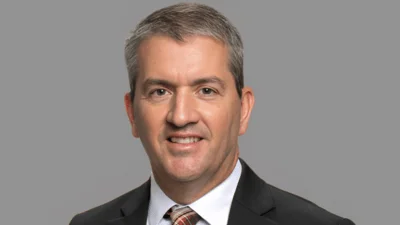Medical training | https://commons.wikimedia.org/wiki/File:3rd_Medical_Battalion_nurses_and_Corpsmen_conduct_ICU_training_200424-M-RB959-1093_(49864579442).jpg
Medical training | https://commons.wikimedia.org/wiki/File:3rd_Medical_Battalion_nurses_and_Corpsmen_conduct_ICU_training_200424-M-RB959-1093_(49864579442).jpg
With the number of overdose related deaths across the state on the rise, The Eau Claire City-County Health Department and UW-Eau Claire are set to host a series of “Opioid Overdose Prevention and Narcan Training” sessions for students and staff.
At least part of the discussion will center on a chemical touted as a lifesaver.
According to the Leader-Telegram, the City-County Health Department recently netted two grants, the “Overdose Data to Action” grant, which focuses on opioid data and education, and the “Narcan Direct Program,” which allows the health department to provide Narcan training to partners and agencies in Eau Claire County. The sessions are open to all students and staff at the university and the training will include local and national opioid data, lessons on how to recognize an opioid overdose and training on how to administer Narcan.
City-County Health Department public health specialist Sarah Dillivan-Pospisil sees the grants coming at just the right time in the community’s ongoing struggle to learn more about the growing scrounge that is now plaguing the area.
“In Eau Claire County, we know that opioid deaths have more than doubled between 2014 and 2020,” she added. “I think with the increasing opioid overdoses that are happening in Eau Claire County you never know when you might potentially come across that medical emergency, so the more people that have access to Narcan nasal spray (and) know how to use it, is really a good prevention tool.”
While the university to date has been fortunate to have not experienced a high number of overdoses, director of risk management, safety and sustainability Brian Dollinger stresses it is important for school officials to take note of what is happening.
“We want to make sure that they’re able to get more education about these (drugs) and that they know there are some resources, especially here on campus, to help save a life,” he said.
In addition, the university has implemented 19 “Nalox-Zone” boxes in high-traffic areas across the campus, including residency halls, the Davies Center, Zorn Arena, Hilltop Center and McIntyre Library. The Nalox-Zone boxes contain two Narcan nasal sprays, masks for rescue breathing and instructions on how to use the medication.
“It’s something that reverses the effects of the overdose, at least until possibly emergency personnel can get to the scene,” Dollinger said. “We’re hoping that this tool doesn’t have to be used on campus, however, we just want to give the campus community an opportunity to have access to it if need be.”
The City-County Health Department also hosts monthly training sessions for residents of the community looking to get Narcan training and learn how to identify opioid overdoses.





 Alerts Sign-up
Alerts Sign-up